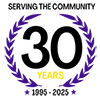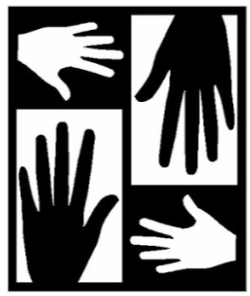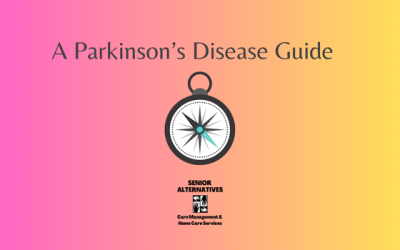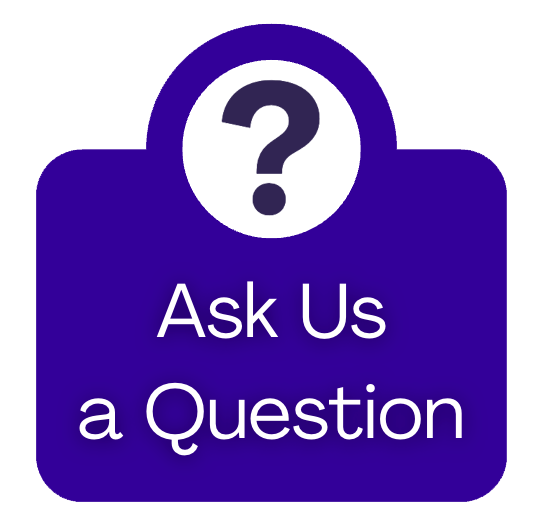August 9, 2024
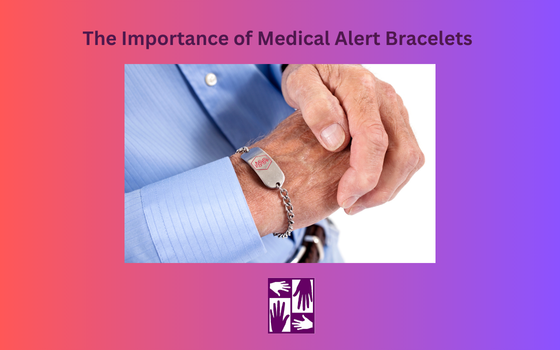
– Medical Alert Awareness Month is observed to highlight the importance of awareness regarding medical emergencies and the vital role that medical alert systems play in ensuring timely assistance. This month serves as a reminder for individuals, especially those with chronic conditions or mobility challenges, to consider how these systems can enhance their safety and provide peace of mind. Through education and outreach, communities can learn about the benefits of medical alerts, such as rapid response in critical situations and the potential to save lives. By promoting awareness during this month, we aim to encourage conversations about preparedness and empower individuals to take proactive steps towards their health and well-being.
Reasons for Medical Alert Bracelets
These bracelets serve as critical tools for individuals with specific health conditions, allergies, or other medical needs. The bracelets can quickly inform first responders about a person’s medical history, especially in emergencies when the individual may be unable to communicate. Some common reasons for wearing a medical alert bracelet include:
- Chronic Conditions: Individuals with diabetes, heart conditions, or epilepsy can provide essential information for treating their conditions effectively.
- Allergies: For those with severe allergies, wearing a bracelet can alert others to the potential for anaphylaxis, ensuring swift action is taken.
- Medications: Bracelets can indicate critical medications a person is taking, which can be crucial for avoiding drug interactions during a medical emergency.
- Mobility Challenges: Individuals who may have mobility limitations or are at risk of falling can benefit from wearing these bracelets to alert caregivers and responders.
- Mental Health: Some may choose to wear bracelets for mental health conditions, indicating needs and emergency contacts.
Medical alert bracelets can be found at various sources including pharmacies, medical supply stores, and online retailers. Many hospitals and clinics also provide information on where to obtain customized bracelets that fit an individual’s specific needs.
Who Needs to Wear a Medical Alert Bracelet
Bracelets are particularly beneficial for individuals who have ongoing health issues, or other conditions that require immediate attention in emergencies. This includes, but is not limited to, the following groups:
- Individuals with Chronic Illnesses: Those living with conditions such as diabetes, asthma, or heart disease should wear a bracelet to ensure that their medical history is readily available, aiding first responders in providing the right care.
- Elderly Individuals: Seniors often face multiple health challenges and may have mobility or cognitive issues. A medical alert bracelet can communicate vital information to caregivers and emergency services if they are unable to do so themselves.
- Children with Health Conditions: Parents may opt to equip their children with medical alert bracelets if they have health concerns, ensuring quick recognition of their conditions in social settings or during emergencies.
- Athletes: Those who participate in high-intensity sports may have undiagnosed conditions or previous injuries. Wearing a medical alert bracelet can be a preventative measure in ensuring their wellbeing during physical activities.
By wearing a medical alert bracelet, individuals from these groups can promote safety and ensure timely medical intervention when needed.
To schedule a free 45 minute consultation about elderly healthcare related issues, reach out to us @ 888.451.4290.
We are here to help you navigate the challenges of aging.
Related Articles
Boost Cognitive Function Through Brain Exercises
Just like the rest of your body, your brain changes and adapts over time. Through a concept known as neuroplasticity, your brain can form new connections, strengthen existing ones, and even recover lost abilities. Regular mental exercises can have a significant impact on your brain health. Read on to know more…
Why People in Blue Zones Thrive and Live Longer
Blue Zones are regions where people live longer, healthier lives compared to the global average. These areas have been studied extensively to find common denominators and answers about what makes these places unique. One of the key components of these lifestyles is community engagement, or having a strong sense of belonging and support from others. Read on to know more about Blue Zones and how we can duplicate their lifestyle and best practices.
Understanding Parkinson’s Disease
April is Parkinson’s disease awareness month, with that in mind we put together a blog
